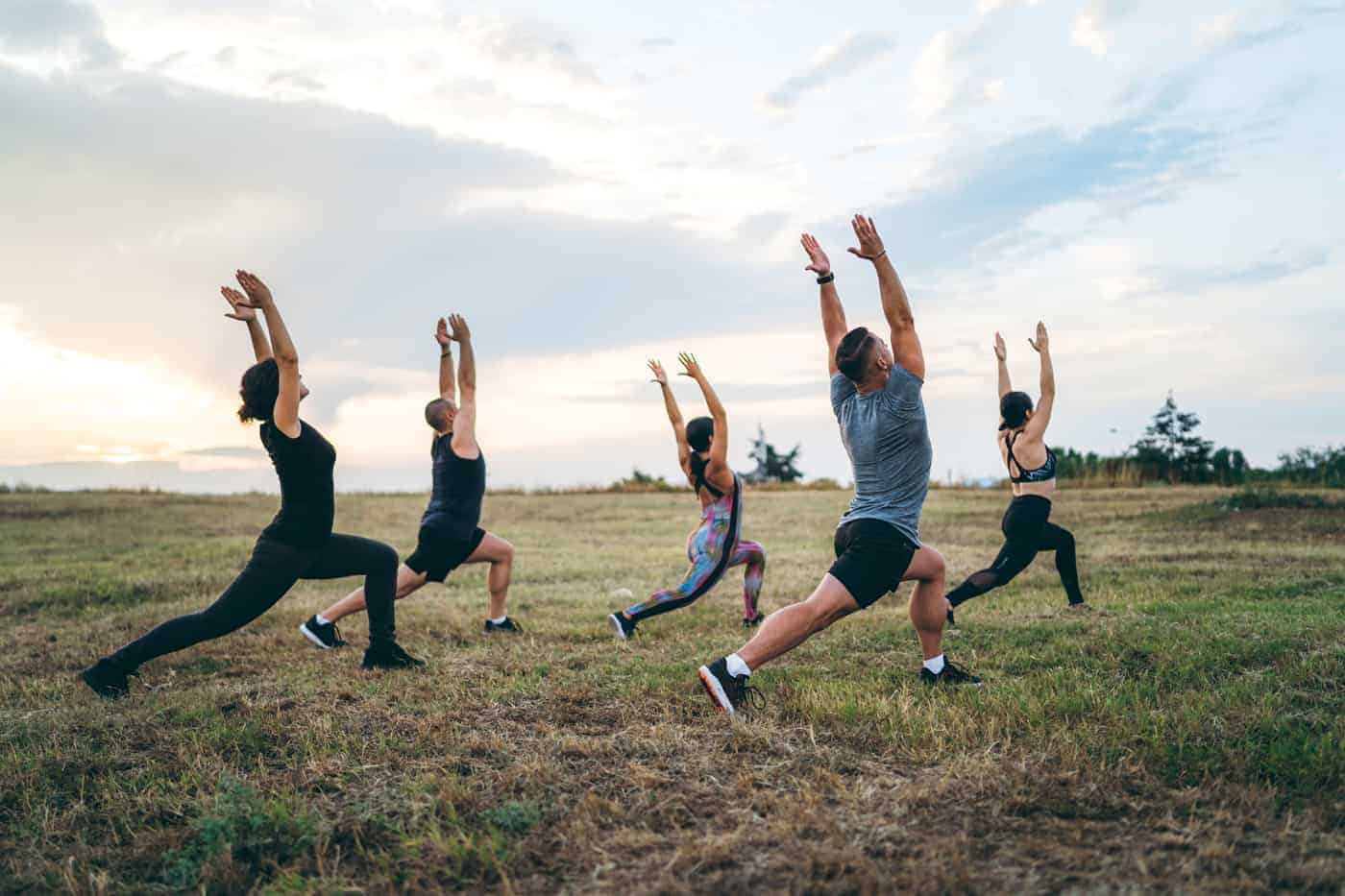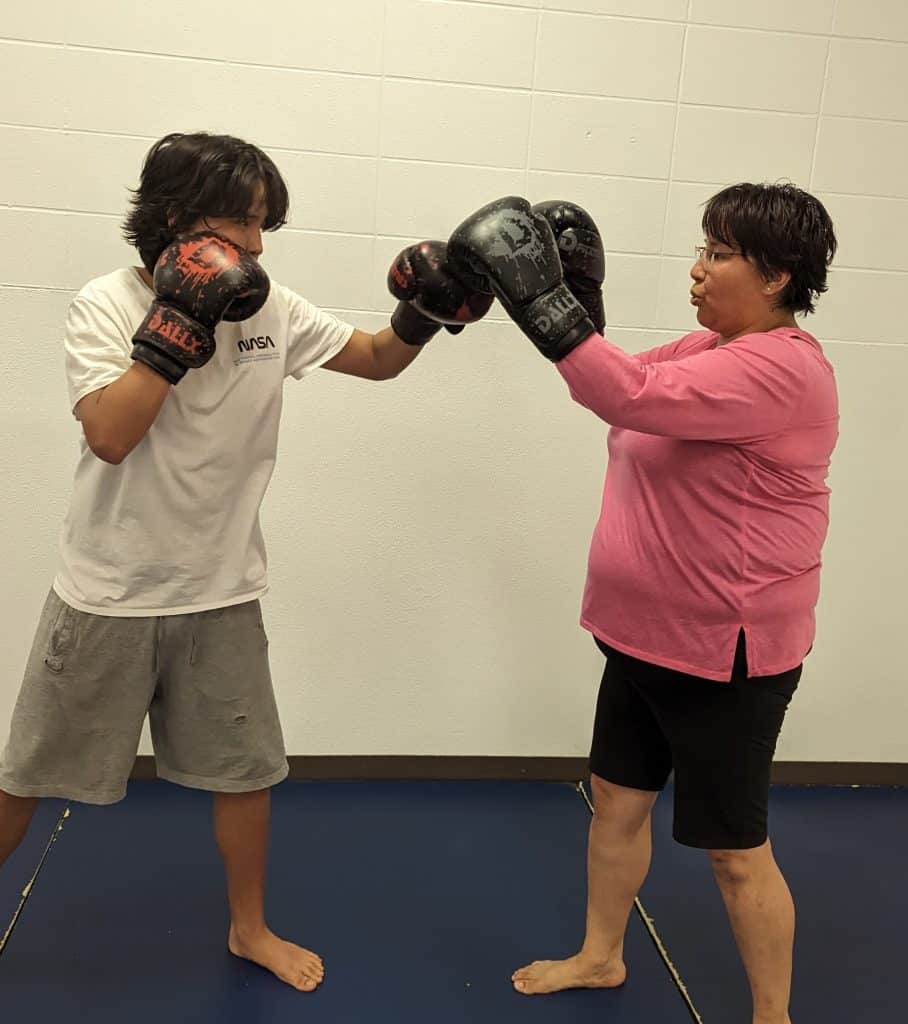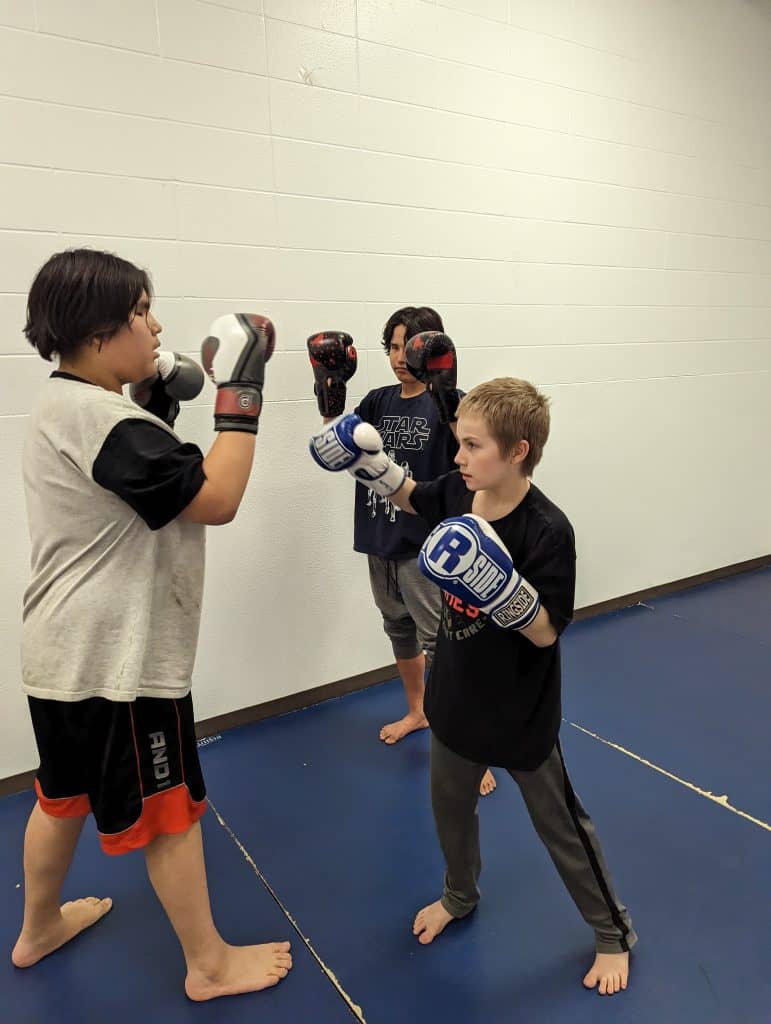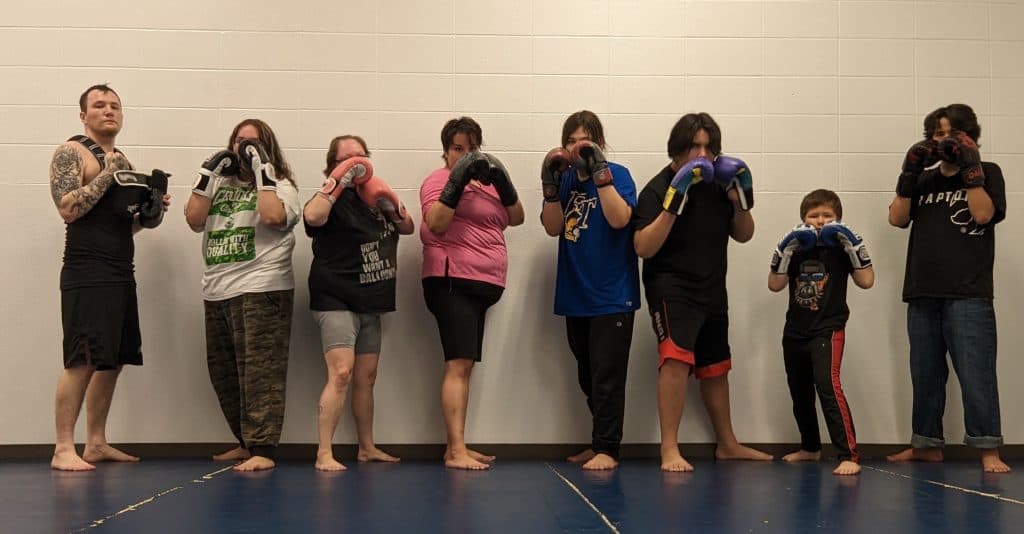
Written by Billy James Torrence, an SIIT practicum student
Health is a state of complete physical, mental and social well-being and not merely the absence of disease or infirmity.
– World Health Organization
Understanding the connection between our mind and our body impacts the way we feel and think about ourselves as well as how we perceive the world around us.
- Poor mental health is a risk factor for chronic physical conditions.
- People with serious mental health conditions are at high risk of experiencing chronic physical conditions.
- People with chronic physical conditions are at risk of developing poor mental health.
– CMHA Ontario
Key aspects of prevention include increasing physical activity, access to nutritious foods, ensuring quality sleep habits and fostering social support.
Exercise
Engaging in regular physical exercise offers a range of health benefits, including the prevention and improvement of conditions like high blood pressure, diabetes, and arthritis. Whether it involves working out or participating in other physical activities, exercise can alleviate symptoms of depression and anxiety, leading to an overall sense of well-being. Additionally, maintaining an exercise routine may help in preventing the recurrence of depression and anxiety after recovery.
The positive impact of exercise on mental health can be attributed to the release of endorphins (feel-good brain chemicals), our natural brain chemicals that promote enhanced well-being. Moreover, exercise diverts the mind from worries, breaking the cycle of negative thoughts associated with depression and anxiety. In terms of psychological and emotional well-being, exercise promotes confidence by achieving fitness goals, encourages social interaction by engaging with others, and provides a healthy coping strategy for managing mental health challenges.
Sleep
Sleep plays a vital role not only in our physical health but also in our mental well-being. Adequate and restful sleep contributes to positive emotional responses, while poor or insufficient sleep intensifies negative emotions. Cognitive functions like attention, learning, and memory rely on proper sleep, and inadequate sleep can impede our ability to cope with even minor stressors and affect our perception of the world. Sleep deprivation studies indicate that insufficient sleep can lead to increased anxiety and distress, particularly in individuals with mental health disorders.
The Canadian 24-Hour Movement Guidelines recommend that adults aged 18 to 64 obtain 7 to 9 hours of good-quality sleep on a regular basis.
Stats Canada, 2022
Nutrition & Healthy Eating
A well-balanced and healthy diet enhances cognitive function, clarity of thought, and alertness, while an inadequate diet can result in fatigue, impaired decision-making, and slower reaction times. Poor dietary choices, particularly those high in sugar and processed foods, can lead to inflammation in the body and brain, contributing to mood disorders such as anxiety and depression. During periods of stress or low mood, people often resort to processed foods as a quick pick-me-up, neglecting proper meals and opting for high-fat, high-calorie options. This pattern of poor diet exacerbates stress and mental health symptoms.
To enhance mental well-being, it is recommended to focus on consuming foods such as fruits, omega-3 fatty acids found in salmon, dark green leafy vegetables that offer brain protection and nuts, seeds, and legumes that beneficial brain functioning.
Looking for a good way to balance your physical and mental health?



Martial Arts
BJJ (Brazilian Jiu-Jitsu) focuses on controlling opponents, through techniques such as joint manipulation. It imparts qualities like patience, humility, and a broader perspective on yourself. There is a saying in BJJ, “the mats do not lie.” Which means that while training on those mats, your training partners and coaches will undoubtedly show you what you are capable of and what you are not capable of, thus anointing humility at a rather large dose.
Muay Thai, also known as Thai Boxing or “The Art of Eight Limbs”, incorporates striking and clinching techniques, enhancing agility, self-awareness, coordination, and confidence. Much like BJJ, training in this art can, and likely will, humble the average person and really put themselves and their capabilities into perspective, which aids in deflating any inflated ego, which opens the door to understanding and empathy.
MMA (Mixed Martial Arts) encompasses various combat sports and tests skills in striking, grappling, and endurance, fostering attributes such as toughness, discipline, and mental fortitude. The back and forth from martial art to martial art really trains the body to endure and adapt, thus increasing one’s endurance in physical actions and increasing our mental fortitude and discipline in all walks of life.
